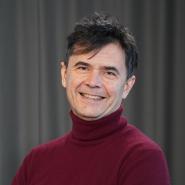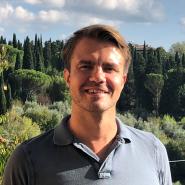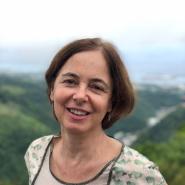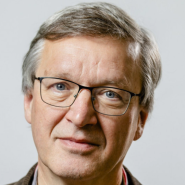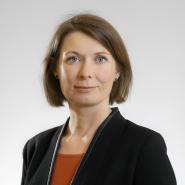Bernardi Fabrizio
UNED Madrid
Fabrizio Bernardi is full professor of sociology at the National Distance Education University (UNED) in Madrid. He is editor in chief of European Sociological Review. Before joining the UNED, he has been Chair of Sociology at the European University Institute and Chair of the board of the European Consortium for Sociological Research. His substantive research focuses on educational inequalities, social mobility, compensatory advantage and family dynamics.
Fabrizio Bernardi is full professor of sociology at the National Distance Education University (UNED) in Madrid. He is editor in chief of European Sociological Review. Before joining the UNED, he has been Chair of Sociology at the European University Institute and Chair of the board of the European Consortium for Sociological Research. His substantive research focuses on educational inequalities, social mobility, compensatory advantage and family dynamics.


